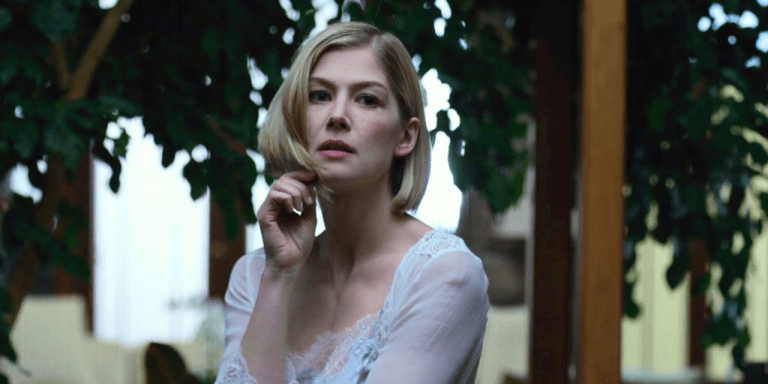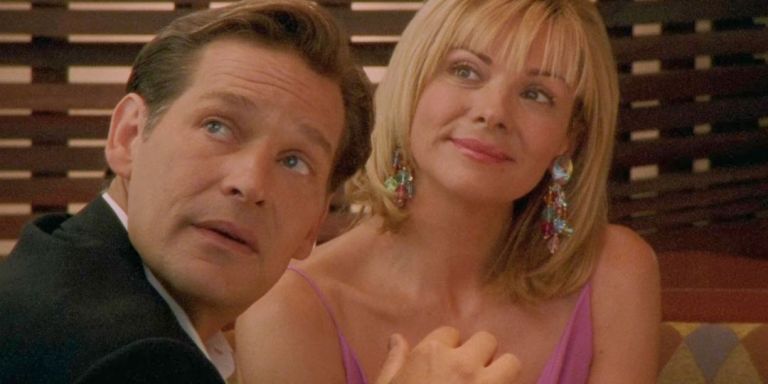“[They] woke up and saw for the first time that my mind had not been idle while they were talking so big and loud.” — John D. Rockefeller
There is a French saying popular with revolutionaries: On s’engage et puis on voit. “One jumps into the fray and then figures it out.”
It’s a seductive idea. It’s bold. It’s simple. It’s inspiring.
If you boil most things down from people to businesses — especially young people and young businesses — some version of this strategy usually emerges. People not only don’t take the time to spot their landing, they don’t even think about what they’re jumping off.
Forget Alive Time vs Dead Time, most people live in “I’m so busy, I haven’t thought about it”-time. And then they are surprised when stuff doesn’t work out — or, when it does, why they’re not happy with it.
Let’s contrast this passion-driven mindset with an alternative: a poise-like discipline and a sense of purpose.
General George Marshall kept a little black book for most of his career. In it, he would write down the names of officers who impressed him or seemed to show talent. He knew that one day, he would need to call on them. Indeed he did, promoting and advocating for generals like: Bradley. Eisenhower. Ridgway. One could argue that the outcome of the Second World War might have been very different without that book and without that foresight. The same goes for the US Civil War. As a young soldier, William T. Sherman had a series of undesirable backwoods and frontier appointments. Completely unsolicited, he spent a considerable amount of time mapping out and familiarizing himself with the terrain in these areas. The terrain he would one day masterfully navigate on his March to the Sea.
It’s true for politics as well as warfare: For years, Thomas Jefferson kept scrapbook of political intelligence he called the “Anas.” Over the course of his career, he jotted down gossip, discussions, and criticism he heard — essentially keeping a store of ammunition to use against his opponents when he would need it later (often feeding it to reporters and allies). It’s also served as a paper trail that has continually damned the reputations of his many enemies while he somehow seems above it all. A less passive aggressive William Jefferson Clinton started keeping in college a rolodex of names and phone numbers of friends and acquaintances who might be of service when he eventually entered politics. It eventually grew to some 10,000 cards and put him in the Oval Office
Like many writers, Anne Lamott keeps notecards of her ideas and experiences and things she’s overheard to reference later in her stories. In fact, she says that part of giving yourself permission to be a writer, begins by understanding that the world around you is material that you need to record and translate. I like the line from Austin Kleon the best. It’s not just that artists ruthlessly steal from each other, he says, but the best ones save their theft for later — accumulating a database of ideas and quotes and topics for the big project they’re building towards.
Of course, that’s the key. To know what you’re actually building towards. The Grammy award winning jazz musician Wynton Marsalis sees this often with aspiring players. They don’t even have a vague idea of what they’re doing or why. They think they’re pursuing their craft, but how could they be? So he tells them to ask themselves some important questions:
“What are you playing? Why are you playing it? How do you want to sound, and how will you achieve that sound? When you have those things clear in your mind, it’s much easier to teach yourself, and ultimately, that’s what you have to do. No one will teach you how to play.”
These questions don’t answer themselves. But the earlier you throw yourself into them, the better.
It began for me when I picked up the book The 48 Laws of Power by Robert Greene. I took two lessons from that book and both came together to change my life. The first lesson was that one must always have a plan (strategy). The second was that my plan could be to become a writer.
I was blown away by the breadth of research and the stories in the book. I’d always liked writing, but I didn’t know that this type of writing even existed — that someone could do it as their job. What would it take to become this I thought? Do I have what it takes to do it? Would this be the outlet for the creativity I felt inside?
But my strategy was not just to hope that this would happen. I didn’t expect some college professor or major to magically qualify for me it either. One of the first things I did was start deconstructing that book — not so much what was in it but how it was made. As I read many of the original texts from the bibliography, I started to see where the stories came from and how they’d been assembled. Looking at some of the laws, I even found other examples that proved them and I wrote these down and stored them away. I was building up my knowledge and understanding of the process so that one day I might be able to use it.
I also reached out to and met Robert, finagling a connection through a friend of his. When I met Robert for the first time, and heard he was looking for a research assistant, it was almost too perfect. Of course I thought I could cut it, I’d been doing the job for free for a year already. I was scared when I dropped out of college, but it wasn’t as risky as it seemed — not only because I had another job lined up but I knew working with Robert got me closer to where I wanted to go. The same applies to my other dropouts and career choices — they made sense according to my strategy and plan, no matter how strange it all appeared to people on the outside. Even now, people ask how I’ve been able to produce books at a rate of roughly one a year, but that’s what they don’t see: I’d been working towards that goal every day.
It’s only in actually knowing what it is that you’re trying to do that any of this is possible though. And yet, few people take the time to do it. Or have the courage or the honesty to probe themselves. It’s too unpleasant, and they’d rather figure it out on the fly.
This is a fundamental irony of most people’s lives. They don’t quite know what they want to do with their lives. Yet they are very active.
They network, but they don’t know what kind of contacts would actually be helpful. They want to write a book, but don’t want to take the time to ask what purpose it serves. They talk about what they’d like to do but have no idea how to get there. They jump into starting a company or a site or any number of time intensive commitments, without actually asking: What does success here look like? And will that success be something I actually enjoy?
Instead of getting them closer to finding that answer, it takes them further away. Because they’re stuck in what Robert calls “tactical hell.” That place of endless reacting and reaction.
We’ve all been there. You jump into the fray and can’t see above it anymore. It’s an exhausting state of ineffectiveness and all-consuming chaos.
Which is why we have to take the time to ask the big questions: What exactly am I working on here? What is my big goal? What project am I saving my theft for? Whose names am I writing down in my little black book? What are we playing? Why are we playing it?
And if you can’t answer then you have to stop. Anyone that’s been lost before knows this — finding your bearings doesn’t just work itself out.
You see, the hard things in life are not achieved through simple effort and energy. If they were, a lot of people would do them. It’s insight that illuminates the path. It’s strategy that gets us there.
One shouldn’t jump into the fray. One should should be above it — or rather, beyond it. ![]()







